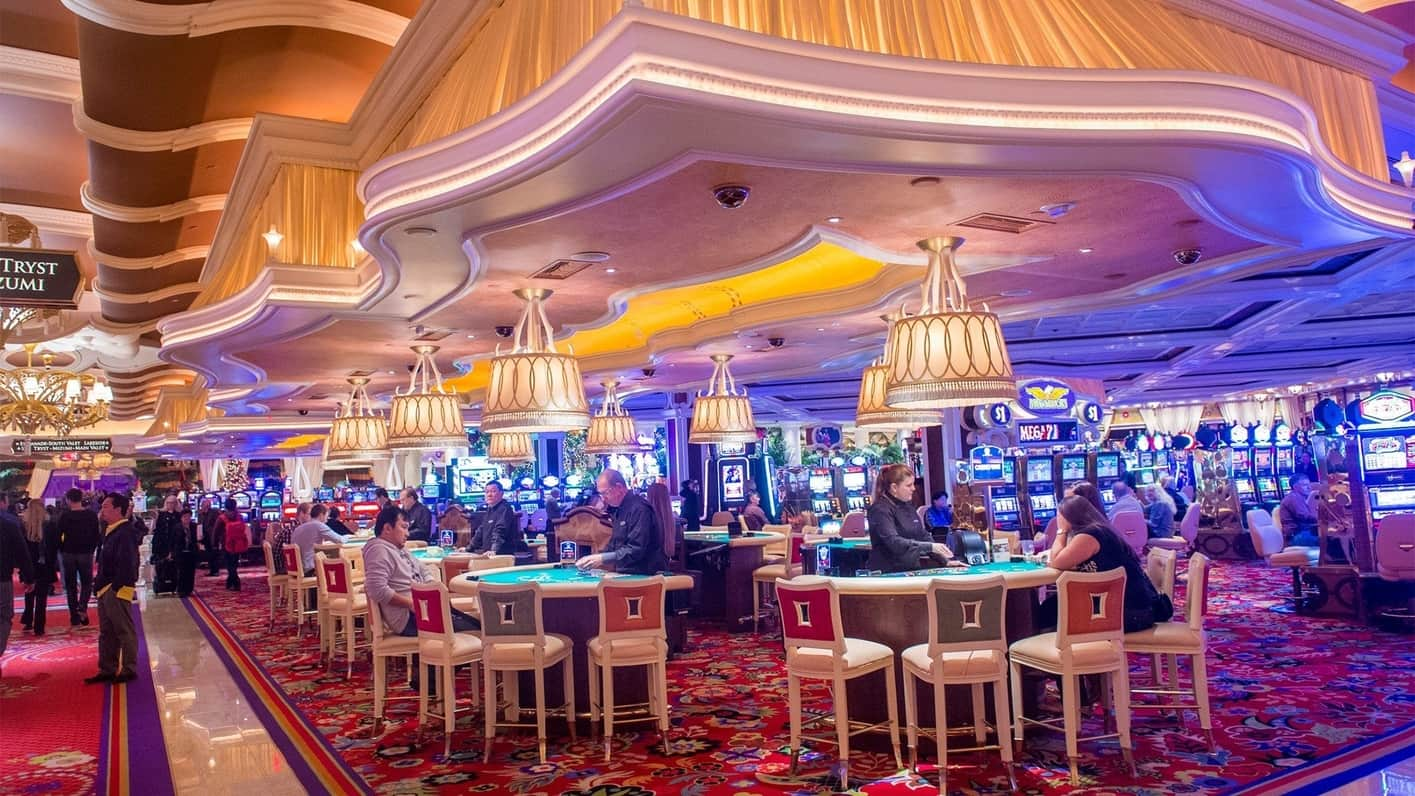How Gambling Games Reflect our Humanity’s Existence

Casino entertainment have long been an integral part of human culture, offering not just entertainment but a intriguing reflection of our aspirations, ambitions, and anxieties. From the spinning reels of a slot machine to the tactical play of poker, these games embody a range of human sentiments and experiences. At their core, casino games are more than a chance to make profits; they are a microcosm of life itself, where danger and gain intertwine and fate can change in an instant.
As players assemble around tables or sit in front of vibrantly illuminated machines, they engage in a tradition that transcends mere betting. These games reflect our natural desires for relationships, adventure, and the search for fortune. They also disclose deeper truths about human nature, such as our relationship with chance and the thrill of risk. In exploring casino games, we reveal not only the rules of play but also the rich tapestry of the human journey, showcasing our interconnected narratives of goal and reality.
The Mind Behind Gambling
Wagering is deeply rooted in human psychology, appealing to various feelings and wants. The thrill of risk-taking is a fundamental aspect that draws players in, whether it’s excitement of spinning a roulette wheel or the excitement of drawing a winning hand in poker. https://ga179.xyz/ This rush of adrenaline is often compared to other forms of excitement, as the uncertainty of outcomes triggers a distinct psychological response. Gamblers often find themselves captivated by the possibility of winning big, leading to an irresistible draw toward gambling games.
Additionally, an essential component of the psychology behind gambling is the concept of optimism and aspiration. Players often nourish fantasies of financial freedom and the luxurious lifestyle that can accompany winning. This hope fuels their ongoing participation in casino games, as it provides a sense of purpose and the conviction that a life-changing win could be just one wager away. The story of overcoming odds and achieving success resonates with many, strengthening their commitment to play and engage with these games.
Lastly, social aspects play a crucial role in gambling psychology. Casino environments are designed to foster social interaction, where gamblers gather to share the journey of wins and losses. This shared aspect not only amplifies enjoyment but also influences behavior, as individuals often imitate the actions of others in their vicinity. The social validation found in mutual thrill can enhance the emotional experience, making casino games a reflection of not just personal desires but also shared involvement within the gaming community.
## The Dual Nature of Risk and Reward
Gambling games embody the delicate balance between danger and reward that resonates profoundly with the human experience. The excitement of placing a wager is often accompanied by a jolt of energy, as gamblers are confronted with the prospect of winning big, yet fully aware of the risk to suffer losses. This twofold experience reflects a essential aspect of life: the choices we make often come with built-in risks, and the chase for gain can drive us to make risky moves we might not typically consider. In this way, gambling activities mirror real-world decisions, enticing gamblers to risk not just their funds, but also their aspirations.
The allure of grand jackpots and winnings fuels a feeling of positivity, encouraging players to envision a better future that could manifest from a fortunate turn of the roulette or dealing of a hand. This hope can compel individuals to engage in riskier behaviors, urging them to push their boundaries in search of financial gain. However, just as in life, the consequences of these decisions can lead to both triumph and loss. The narratives of both jackpot winners and those who have suffered everything at the casino demonstrate the chaotic nature of luck and its significant effect on our futures.
Ultimately, the experience of engaging with gambling activities serves as a strong reminder of the human condition. Every session played is loaded with the tension of risk, as gamblers weigh the gains against the dangers. This dynamic not only highlights the excitement that comes with gambling but also unveils the risks that come with the urge for more. As we navigate the complexities of choice and results in both the casino and in life, we find that the pursuit of risk and reward shapes our character and experiences in deep ways.
Culture and Loneliness in Gambling Environment
Casino environment is a special combination of communal interaction and personal pursuit, reflecting the tensions of human experience. Gamblers often gather around tables, sharing in the excitement of the game, celebrating wins, and sympathizing over losses. This communal aspect is vital, as it fosters a sense of belonging and camaraderie among diverse groups of people. Regular attendees to casinos may build friendships and establish routines, turning the gambling venue into a alternative home where they experience connected to a larger community of players.
However, the allure of gambling activities can also result to loneliness. As players become immersed in the thrill of playing, they may withdraw from personal connections or fail to interact with the world outside the gaming space. For some, the pursuit of a windfall can overshadow genuine connections, leading to isolation. The situation of being among others yet experiencing solitary is not uncommon, as the attention shifts from collective fun to the individual concerns of each player’s path.
This interaction of community and solitude creates a vivid tapestry that defines casino atmosphere. It showcases the complexity of social interactions, where joy and despair exist together. Casinos serve as both a sanctuary for social interaction and a stage for individual struggles, demonstrating how deeply connected our yearning for companionship and the personal quest for wealth can be. In navigating this landscape, players confront their own stories—seeking both the rush of the game and the fellowship of other gamblers, ultimately reflecting the wider spectrum of human experience.